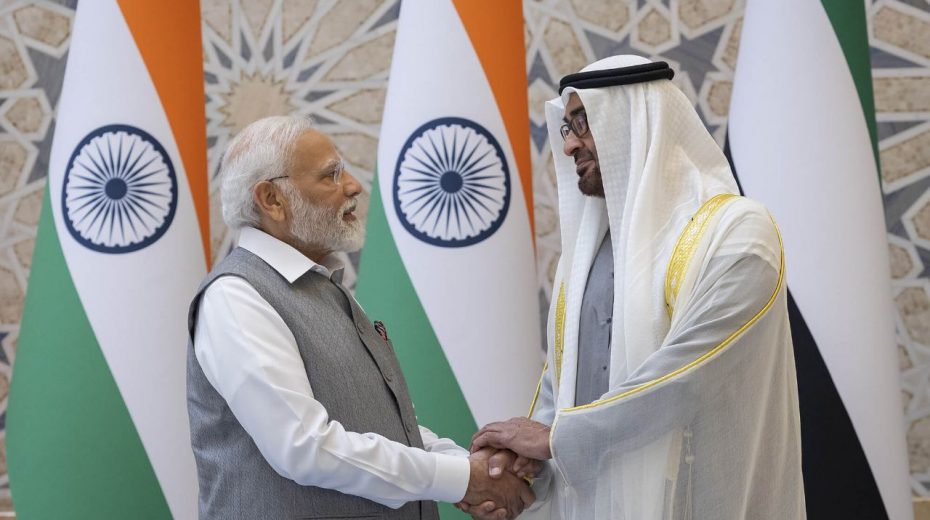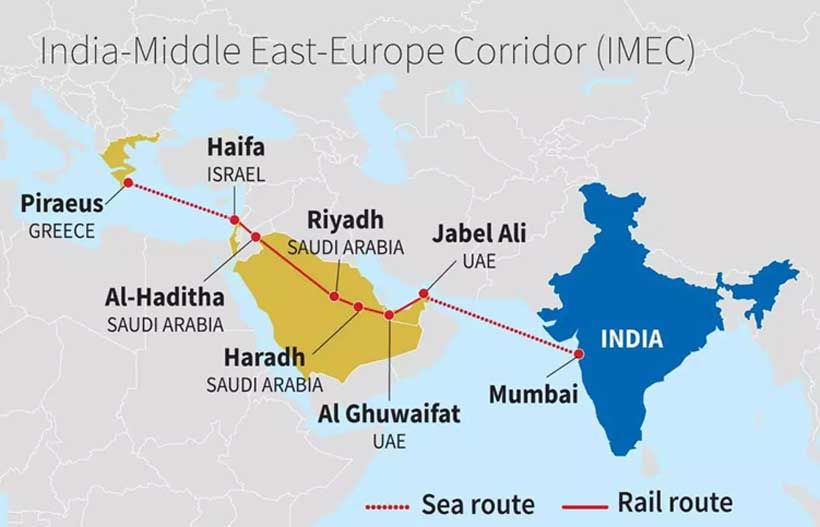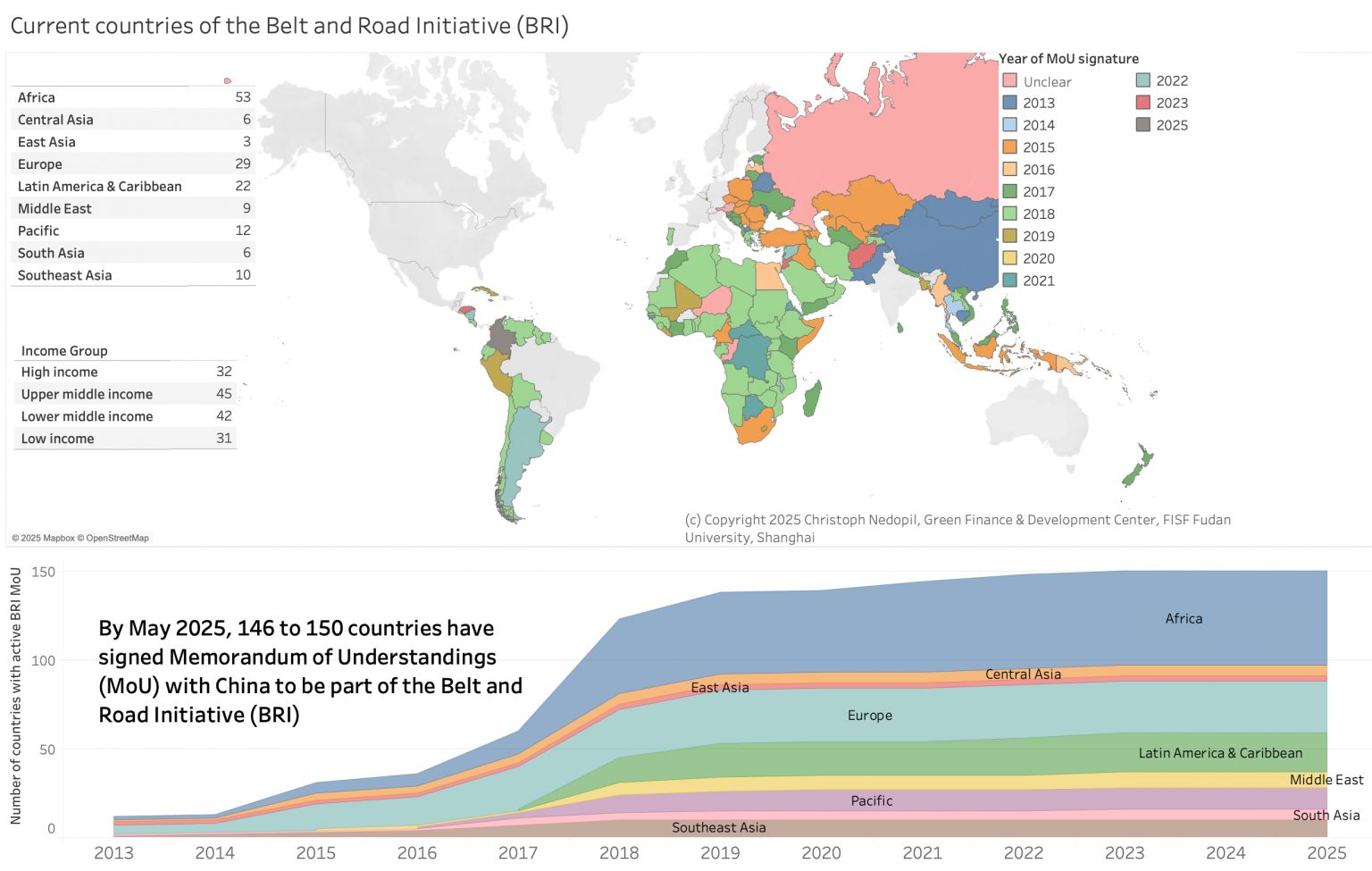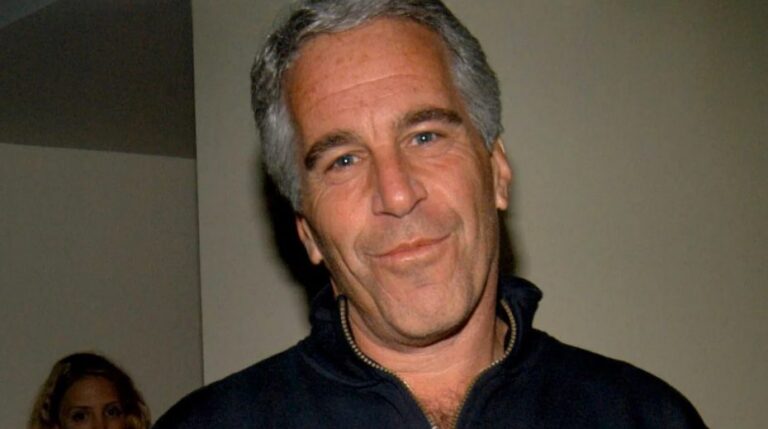
The initiative, called the India-Middle East Economic Corridor, is broadly regarded as a U.S. counterpart to China’s extensive infrastructure plan known as the Belt and Road Initiative.
According to Egyptian Foreign Minister Badr Abdelatty, the “Palestinian cause” plays a crucial role in advancing the India-Europe transport corridor. He highlighted Egypt’s influential position in regional politics, occasionally likened to Turkey’s role.
Could this be why the Rafah border crossing remains shut? Or why Egypt has accepted very few refugees? It’s important to remember that Egypt and Israel signed a peace treaty in 1979.
The Egypt-Israel peace agreement was finalized in Washington on March 26, 1979, following the Camp David Accords of September 1978. Facilitated by U.S. President Jimmy Carter, this treaty marked the end of prolonged hostilities. Key elements included Egypt’s official recognition of Israel and the return of the Sinai Peninsula to Egypt. The agreement was signed by Egyptian President Anwar Sadat—who was later assassinated by a Muslim Brotherhood member, a group linked historically to al-Qaeda and ISIS—and Israeli Prime Minister Menachem Begin.
Still, the Egyptian minister made a notable statement: resolving the “Palestinian cause” is indispensable for the success of a U.S.-supported transport initiative connecting India with Europe through West Asia. Essentially, this implies that the Gaza Strip needs to be “depopulated” for this infrastructure project to move forward. Unveiled at the 2023 G20 summit, the India-Middle East Economic Corridor (IMEC) is widely viewed as a strategic challenge to China’s Belt and Road Initiative.
“We must keep in mind that connectivity is very important as part of a final settlement of the Palestinian cause,” Abdelatty said during a press briefing in New Delhi. He mentioned discussing IMEC with India’s foreign minister and expressed Egypt’s willingness to contribute to the corridor.

The plans for the new India-Middle-Europe Corridor (IMEC)
The minister’s comments are striking, especially in relation to this new venture. He also noted that the project’s progress has been hampered by the ongoing Gaza conflict. According to Abdelatty, “the route is currently being used to bypass the Houthi blockade and is widely seen as a way to future-proof the India-Europe-U.S. supply chain by avoiding the Suez Canal.”
In other words, the Egyptian official implies that obstacles posed by the Houthis in Yemen, alongside Gazan Palestinians, are blocking the corridor’s development. This helps explain the lack of support for Gaza from most Arab nations, their refusal to accept refugees, and their general silence despite witnessing the devastation wrought by Israeli military actions.
Most criticism of the Gaza war has emerged from European civilians and Western countries, while the Arab region has remain largely silent. Hezbollah, based in Lebanon, stands out as the few who have actively opposed the conflict. Lebanon’s newly sworn-in President Joseph Aoun, who took office in January 2025 and previously led the Lebanese Armed Forces, has been charged with disarming Hezbollah amid strong U.S. and Saudi pressure.
Shiite Iran remains the last key member of the “axis of resistance,” opposing Sunni-majority powers like the UAE and Saudi Arabia. The recent twelve-day conflict ended without a decisive victor but sparked intense propaganda campaigns. Still, the question remains: can Iran maintain this stance against significant opposition, relying mainly on Russia?
Western, especially American, pressure on Iran is overwhelming, making its position seem precarious. The U.S. and allies actively foment division within Iran, as shown by the arrests and executions of suspected spies during the Twelve-Day War. Despite this, we must hold onto hope for rational decisions from global leaders. Unfortunately, many are motivated by enormous financial gains rather than the welfare of their people.
The IMEC project involves Saudi Arabia, India, the UAE, the United States, France, Italy, Germany, and the European Union. However, it lacks the approval of those in regions likely to be depopulated or displaced, including Gaza and possibly the West Bank. Israel, with ambitions for a “Greater Israel,” appears to be a partner—if not already fully involved. This illustrates a harsh reality where economic interests overshadow the well-being of populations, often surpassing even the religious and cultural rhetoric politicians publicly espouse in the Middle East.
According to supporters, IMEC strives to link three rapidly growing economic zones—India, the Middle East, and Europe—through enhanced infrastructure and trade systems. Essentially, it aims for global dominance, serving as the U.S.’s counterpart to China, which it regards as its chief rival.
IMEC directly challenges China’s Belt and Road Initiative (BRI), China’s flagship international cooperation and development strategy. The BRI, closely integrated with BRICS nations, remains a major irritant for the U.S. and its European allies.

Countries participating in China’s Belt and Road Initiative (BRI)
The events unfolding today are not simply conflicts in Gaza, Syria, Lebanon, or elsewhere. They represent clashes between economic blocs where ordinary people bear the brunt of grand ambitions and swift technological progress, including Artificial Intelligence (AI).
Conflicts like the Gaza war are premeditated. Those at risk or affected are treated as mere obstacles to the immense economic goals of a wealthy elite worldwide. They also hinder AI-driven transformations that threaten millions of jobs, with elites reluctant to invest their wealth in social safety nets. In this harsh environment, the global landscape has turned into a survival-of-the-fittest economy.
Many may feel disheartened by Hamas’s surrender, yet it is important to recognize that Hamas is a construct of Israel and states like the UAE, Qatar, and Saudi Arabia. This group has been financed and employed to advance economic projects that enrich many Middle Eastern leaders further.
For years, governments under Israeli Prime Minister Benjamin Netanyahu maintained a strategy that split control between Gaza and the West Bank. They weakened Palestinian Authority President Mahmoud Abbas while bolstering Hamas. The goal was to block any progress from Abbas or the West Bank Palestinian Authority toward Palestinian statehood. Over the past decade, Israel facilitated hundreds of millions of dollars from Qatar to Hamas.
This control extended to many Palestinians imprisoned in Israel, who were often compelled to work or serve as informants for Israel. One notable example is the “Green Prince of Hamas”—Mosab Hassan Yousef, who betrayed his group.
The plight of the Palestinians is tragic, having lost everything and suffered countless deaths. Minority groups across the Middle East—Christians, Alawites, Druze, Kurds, and Shiites—also face marginalization. Before 2011, there was still some unity, diversity, and humanity, which have since been shattered by U.S. interventions and the collusion of wealthy Sunni states financing ongoing terrorism.
We are currently navigating a painful transition from a unipolar to a multipolar world order, profoundly affecting people worldwide, especially in the Middle East. This region, long subjected to Ottoman, British, and French domination, now finds itself controlled by the American Empire, allied with affluent Arab Sunni rulers. This historic oppression has stifled Arab development, compounded by wars and the continued suffering of Palestinians under what is nearly the world’s last colonial endeavor: Israel.
This struggle also reflects the contest between Western economic powers still led by the U.S., which has become increasingly aggressive economically. Meanwhile, the EU’s leadership pushes bellicose rhetoric as it loses political influence globally, unaware that it has become a pawn caught between the U.S., Russia, China, and India.
The people most affected are citizens in Europe, America, and particularly the Middle East, where the affluent and influential treat their lives as mere strategic chips in a deadly game.






